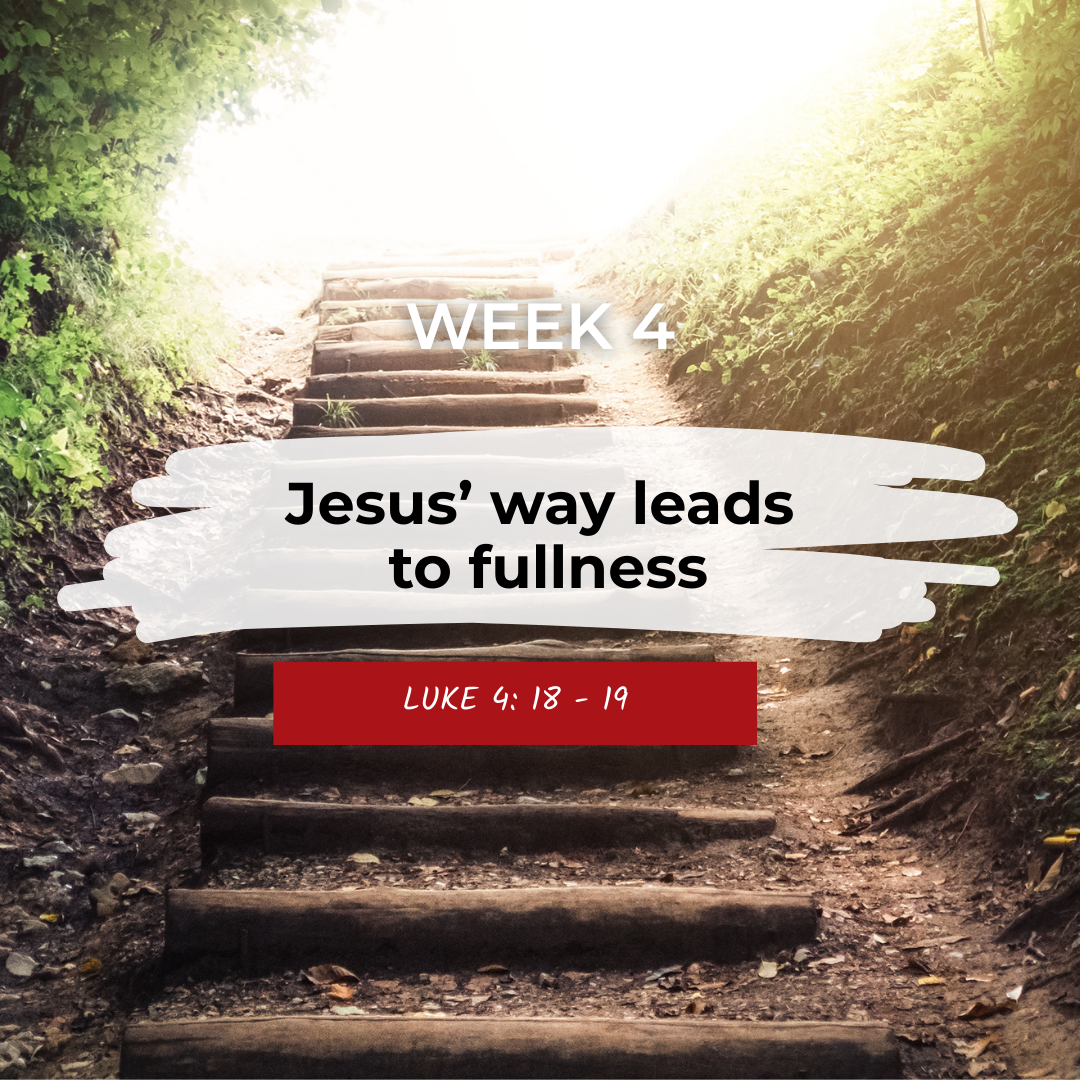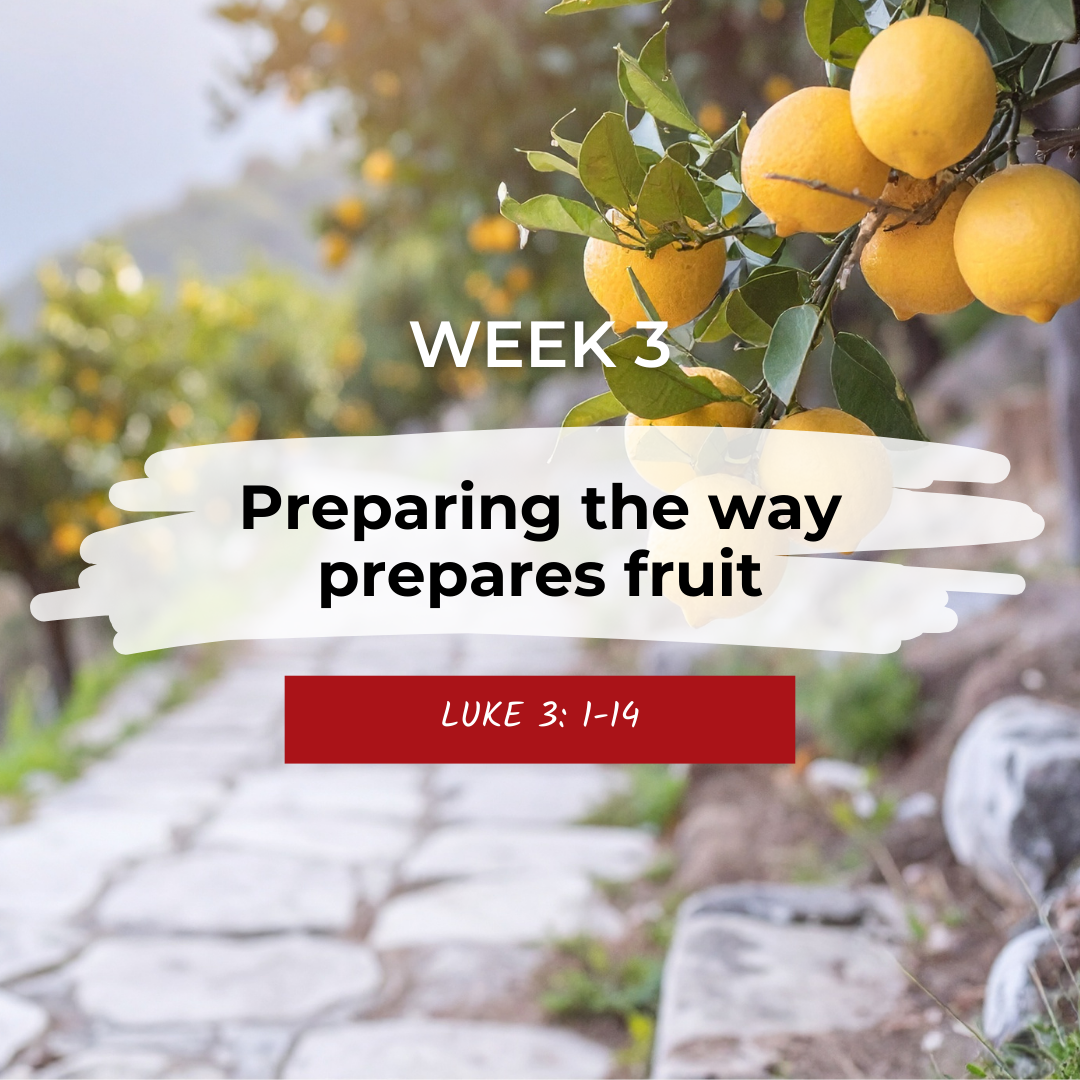Disability inclusion: it’s not about charity, it’s about good business
Stories | February 14, 2022
World Day of Social Justice, 20th of February
Australia has long prided itself on being the land of the ‘fair go’ – a society in which all people, regardless of their race, gender, age, economic status or physical and mental ability, are treated justly and fairly, and given equal opportunities to succeed. However, for many people, including people with disabilities, equal opportunity alone is not enough to provide a level playing field for them to get ahead. Instead, inequalities need to be recognised and barriers removed. Only then will the concepts of a ‘fair go’ and social justice for all be realised.
On the 20th of February, please join CBM Australia in helping raise awareness of the social and economic inequalities that still exist across the globe by celebrating World Day of Social Justice.
People with disabilities make up around 15 percent of the world’s population, of which 80 percent are of working age. Despite being a right under the Convention on the Rights of Persons with Disabilities, people with disabilities still face numerous barriers in securing decent, fair and accessible employment. This is concerning on multiple levels, one being that higher levels of unemployment among people with disabilities often lead to significant socioeconomic disadvantage.
To help address these challenges, CBM Australia is providing funding to support CBM United Kingdom on a three-year pilot program. This program seeks to increase the meaningful inclusion of women and men with disabilities in waged employment in the private sector in urban locations in Bangladesh.
One of our goals in this project is to work with companies to create inclusive employment opportunities for women and men with disabilities. One garment production company in Bangladesh particular has made disability a core value, stating that disability inclusion is not about charity, nor filling quotas – it’s about good business. They believe that “qualified candidates and people with disabilities are a unique source of talent who can deliver substantial value to the company”, and that “every employee in the company, both with and without a disability, plays a key role in its success and is a crucial member of the workforce.”
Inclusion is an important part of this. So, with support provided through this project, they did an accessibility and gender inclusion assessment and used that to strengthen inclusion in the workplace. They have now trained staff on inclusion, safeguarding and health and safety. They’ve provided extra rest time, adapted chairs and equipment, and adjustable desks to employees to ensure the workplace remains accessible. They’ve constructed ramps with railings to improve access to buildings, are in the process of installing accessible toilets with proper signage, and they’re updating their website to be more accessible.
Moving forward, the company is working to improve awareness of its inclusions and diversity policies by introducing training sessions as part of new staff orientation packages. They have also assigned a focal person for disability inclusion.
Currently employing 36 people with disabilities, the company is leading the way in providing disability inclusive employment in Bangladesh and hopes other companies will follow in its footsteps.
https://www.cbm.org.au/stories/disability-inclusion-its-not-about-charity-its-about-good-business
Related Stories

Advent 2025: Jesus’ way leads to fullness
The way of Jesus gives people freedom and empowers them to live out their God-given purpose. The last few weeks...

Advent 2025: Preparing the way produces fruit
John the Baptist called people to prepare for God’s presence through repentance and by producing fruit (acts of justice,...

From sports to advocacy – the journey of the Isiolo Umbrella Disability Group
The Promoting Inclusive Delivery of Eye Care (PRIDE) Project is a...
